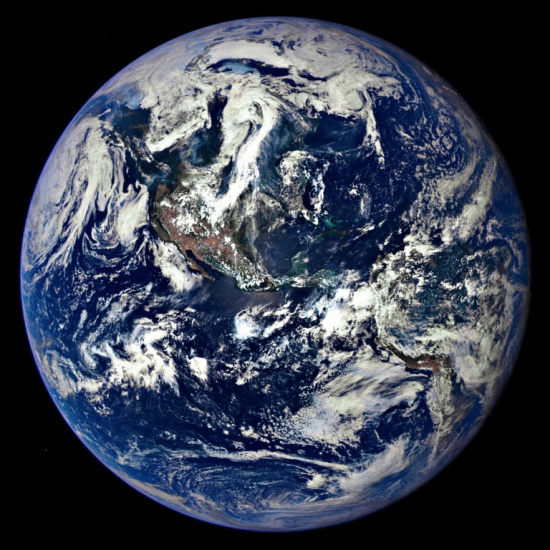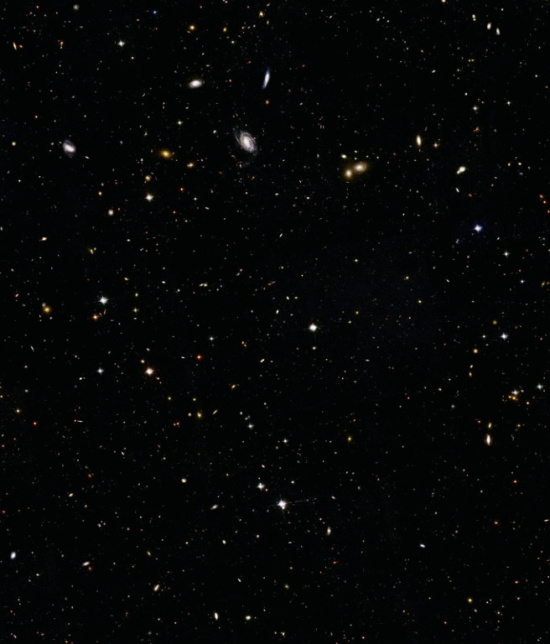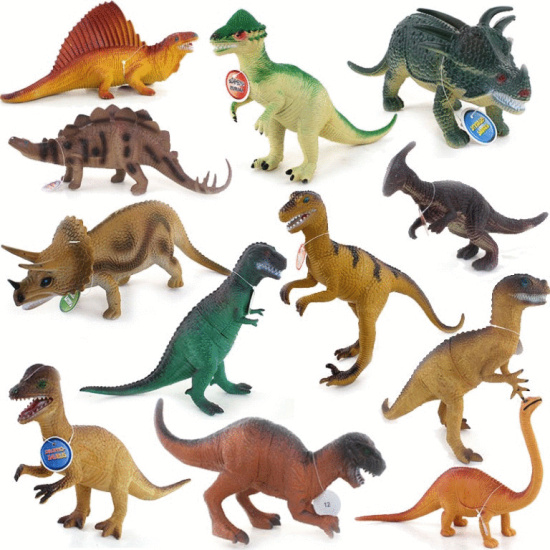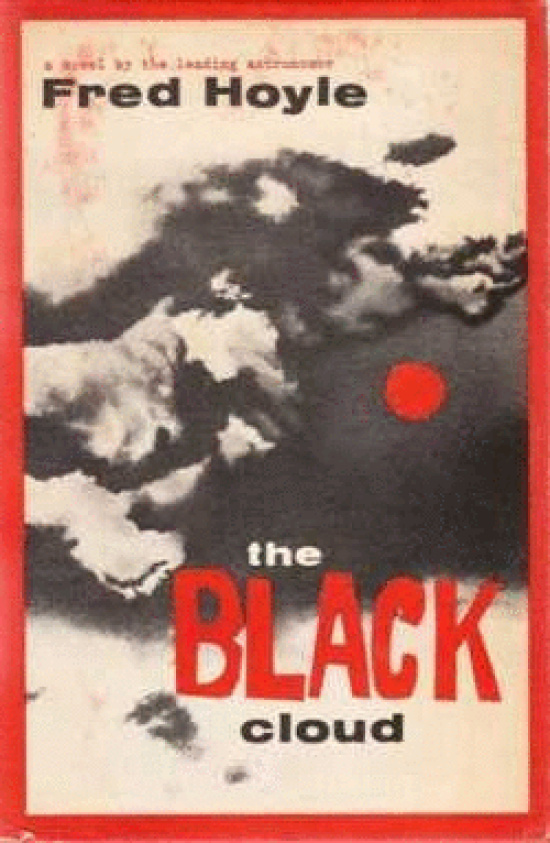The biosphere is equivalent to the thickness of a coat of paint on a three-foot diameter globe. (NASA)
Almost all the universe is empty of stuff. (NASA)
A few of the 10 billion of species that had to die to make room for us. (aliexpress.com)
Original cover of astronomer Fred Hoyle’s awesome sci-fi novel The Black Cloud, 1957
Science, which deals with empirical facts, has zero interest in whether a deity exists, religion being a matter of opinion, aka “faith.” This seems so obvious, I wouldn’t mention it, except that I’m the recipient of frequent emails and tracts claiming to scientifically prove God’s existence. Asking whether God exists is akin to asking whether pi (π), the ratio of the circumference to the diameter of a circle “exists.” Of course pi exists as a concept, as does the Flying Spaghetti Monster. But the truth-value of “God” is a philosophical question, not a scientific one. Science—being a process to investigate the natural (not supernatural) world—has no say in the matter, one way or the other.
Don’t get me wrong. I’d love it if God suddenly decided to make Herself known, becoming an unquestioned fact of the natural world, like the Eiffel Tower or gravity or KFC; that would be the end of religion—meaning an end to religious intolerance and hatred, crusades and jihads, holier-than-thou nutters and all the rest. No more argument whether my God is better/kinder/more powerful/wiser than yours. I don’t see a lot of wars over the Nature of Gravity, and I assume that if God popped up and went on the talk-show circuit, that would put an end to all the superstitious crap engendered by religion. We’d all know where we stood, and wouldn’t have to argue about it anymore.
One of the popular “scientific” arguments to supposedly prove the existence of God(s) is the “fine-tuned universe” rationale: the universe is too perfect to not have been designed. In a nutshell: our existence depends on an incredibly narrow range of parameters. Shift them a bit one way or other and there goes the universe as we know it. Take gravity, for example: a tad stronger and stars would burn out too fast for life to evolve on planets; a tad weaker and stars wouldn’t form in the first place. And that’s just the “gravitational constant.” Science acknowledges about twenty such knife-edge physical constants (actually ratios, since they’re dimensionless), many of which appear just right—not too large, not too small—for life. And not just any old life, but our life, human life.
So the argument goes roughly: How could this have happened without an all-powerful deity setting these constants just so? (We’ll skip the obvious “Who fine-tuned the constants to allow for the existence of God?” rabbit hole.) The flimsiness of the argument is that it starts off from the assumption that the universe is optimized for human life.
Here we are, living in the billion-cubic-mile, five-mile-thin, biosphere on the surface of a comparatively tiny rock within a huge (huge! quoting my least favorite politician) universe. Without filling the page with zeros, isn’t it obvious to even the most dedicated fine-tuner that the universe as a whole is overwhelmingly unsuited to life? Other than our miniscule planetary surface in the middle of nowhere (and maybe some other lonely oases of life) the universe is essentially dead! Empty! Dark! Cold! Unfriendly! Nothingness rules!
For that matter, as a species, we’ve been around for the merest fraction—0.001%, give or take—of the age of the universe (200,000 out of 13.8 billion years). How’s that for inefficiency? (Step 1: Create universe. Step 2: Wait 14 billion years…) And was it really necessary to kill off 99.9% other species before getting around to us?
As if all that wasn’t enough, consider the sheer hubris behind the idea that the universe was designed with humans in mind. (You can make a much better case for sponges or horseshoe crabs, which have been around much longer than us.) Wouldn’t you expect the creator to have made the dominant life-form in the universe one that could thrive everywhere in the emptiness of space, à la Fred Hoyle’s Black Cloud (a vast sentient cloud of gas which is surprised to find life on the surface of a planet)? Or something longer-lived than our three-score-years-and-ten? A species that instinctively took care of its planetary home, rather than ravage it? That had more “cooperate” genes than “compete” ones? That didn’t have to suffer the pain and indignities of AIDS and cancer and Alzheimer’s? That—unlike other species—didn’t give birth to babies needing a decade of TLC due to their mothers’ tight pelvic opening?
The kicker is that we are, according to the Good Book, designed in the image of God. Poor God!
RESOURCES: Did God fine-tune the universe?
- YES: Lee Strobel’s “The Case for a Creator“ per the Discovery Institute (home of “intelligent design”)
- NO: Much more on the fine-tuning argument
- An entertaining nine-minute video on fine-tuning




CLICK TO MANAGE